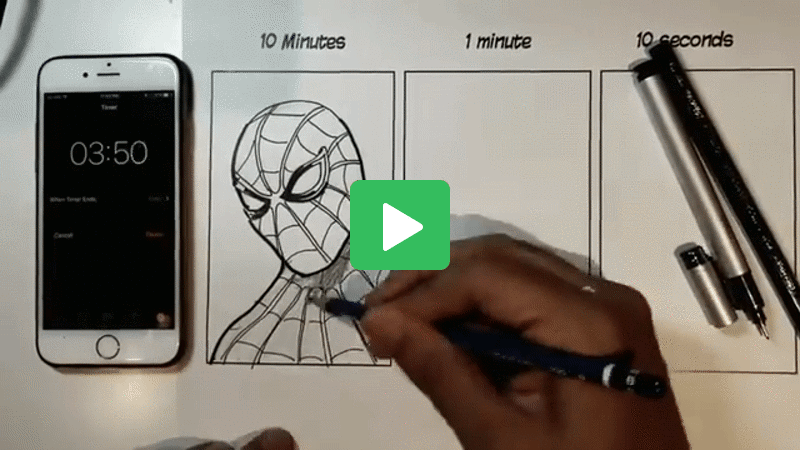|
In 1955 Cyril Northcote Parkinson wrote in a humorous essay for “The Economist” that
"work will expand to fill the time allotted for its completion".
I'm sure you have experienced this in your own life.
You have a deadline to complete a piece of work. It's perhaps a couple of months away, and you might do some light research or reading on the subject; you might draft something and then put it aside, but you don't look at it properly until a week before the deadline (=procrastination).
Or you might start adding scope to the initial assignment and go on tangents that aren't that helpful to address the initial challenge (=added complexity).
But what if your client told you that they need the same piece of work two weeks from today? You would panic and think there is no way you could do that!
Now, arguably, some things just need to take a certain amount of time to be done to an acceptable quality standard - take a look at the video below as an example: you cannot expect the accuracy of the first SpiderMan drawing in 10 seconds.
But there is a point of diminishing returns after which you are not adding value to the project by working on it more.
So, how do you overcome Parkinson's Law?
By planning. Yep.
- Start right at the kick-off by understanding the full scope of the project, including risks and opportunities;
- Assign clear responsibilities and spell out expectations;
- Set out intermediate milestones to keep the project on track;
- Have accountability buddies (if this is a personal project).
BONUS TIP: add 30% extra time on the schedule, because life happens.
|

